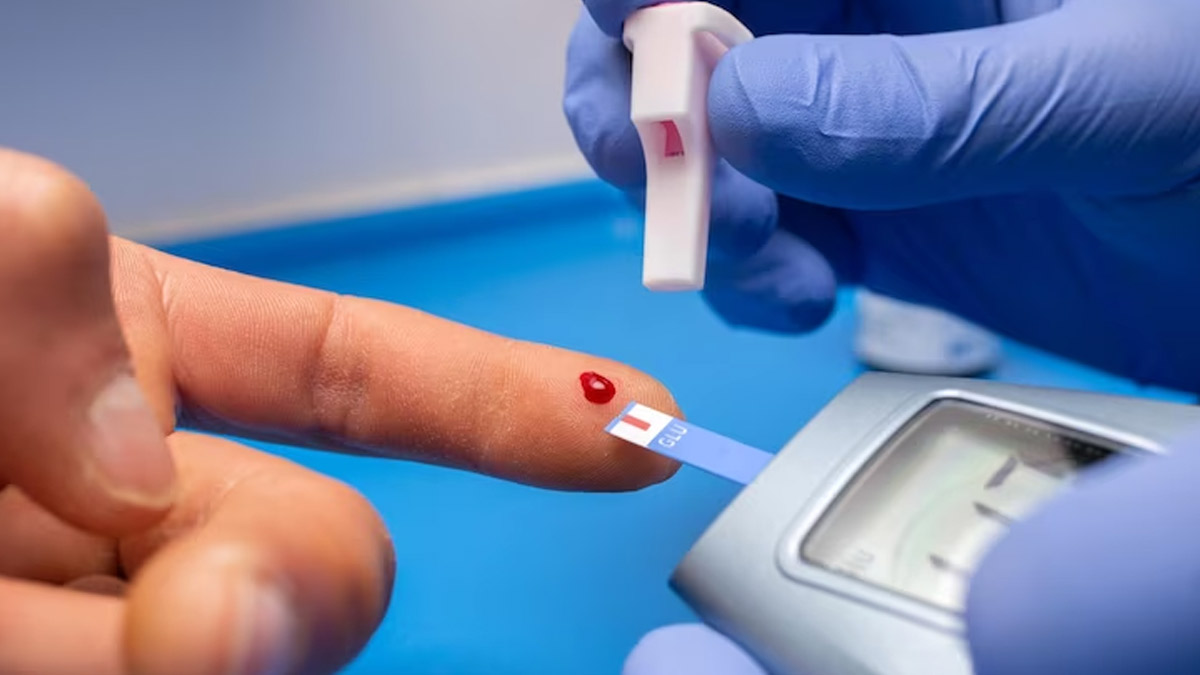
Diabetes is a chronic issue that affects millions of people worldwide. It occurs when the body's ability to produce or use insulin, a hormone that regulates blood sugar levels, is impaired. According to estimates, 77 million Indians over 18 have type 2 diabetes, and over 25 million are pre-diabetics.
Table of Content:-
More than half of all individuals with diabetes as a health issue are unaware of their condition, which, if not identified and treated promptly, can result in serious health issues. High blood sugar levels can damage various organs and tissues in the body, including the kidneys, over time.
Studies report that more than 40% of people with diabetes will acquire chronic kidney disease (CKD), including a sizable number of those who may experience end-stage kidney disease (ESKD) and require renal replacement therapy (dialysis and or transplantation). To know more about What does Diabetes do to the Kidneys, OnlyMyHealth reached out to DrSubhasIs Neogi, MBBS, MD and DM Endocrinology, Senior Resident at Ipgmer and SSKM Hospital.
How Does Diabetes Affect The Kidneys?
The kidneys are two bean-shaped organs located just below the rib cage on each side of the spine. They are important in filtering waste from the blood and regulating fluid and electrolyte balance. Diabetes can damage the kidneys in several ways and cause or result in the following:
Increased Pressure
The blood vessels in the kidneys may get narrowed due to high blood sugar levels, increasing the pressure inside the vessels. Over time, this can damage the vessels and impair kidney function.
Also read: Expert Explains Benefits Of Cycling For People With Diabetes
Protein Leakage
The kidneys have millions of tiny blood vessels called glomeruli, which filter waste products from the blood. High blood sugar levels in diabetics can damage the walls of the glomeruli, causing them to leak. As a result, protein from the blood can leak into the urine, a condition called proteinuria.

Inflammation Of The Kidneys
Chronic high blood sugar levels can also cause inflammation, leading to scarring and reduced kidney function.
Also read: Role Of Diabetes & Blood Pressure In Fertility
Nerve Damage
Diabetes can damage the nerves that control the bladder, causing bladder dysfunction. This can lead to urine retention and urinary tract infections, further damaging the kidneys.
Symptoms Of Kidney damage
In the early stages, kidney damage may not cause any noticeable symptoms. However, as the damage progresses, one may experience the following:
- Swelling: One may notice swelling in their ankles, feet, and hands.
- Fatigue or extreme tiredness: One may feel tired and weak, even after a good night's sleep.
- Urinary problems: One may experience frequent urination, especially at night, or have trouble urinating.
- Blood in the urine: Individuals may notice blood in their urine, which can be a sign of kidney damage.
- High blood pressure: Diabetes can also cause high blood pressure, further damaging the kidneys.

How Can You Prevent or Delay Kidney Damage From Diabetes?
There are several things one can do to prevent kidney damage from diabetes, such as:
- Keep blood sugar levels under control
- Control blood pressure
- Quit smoking and limit alcohol consumption
- Maintain a healthy weight with a well-balanced diet and regular exercise.
- Get regular kidney function tests done to monitor kidney function.
- Proper management and care allow one to easily manage diabetes and prevent or delay kidney problems and related complications.
Also watch this video
How we keep this article up to date:
We work with experts and keep a close eye on the latest in health and wellness. Whenever there is a new research or helpful information, we update our articles with accurate and useful advice.
Current Version